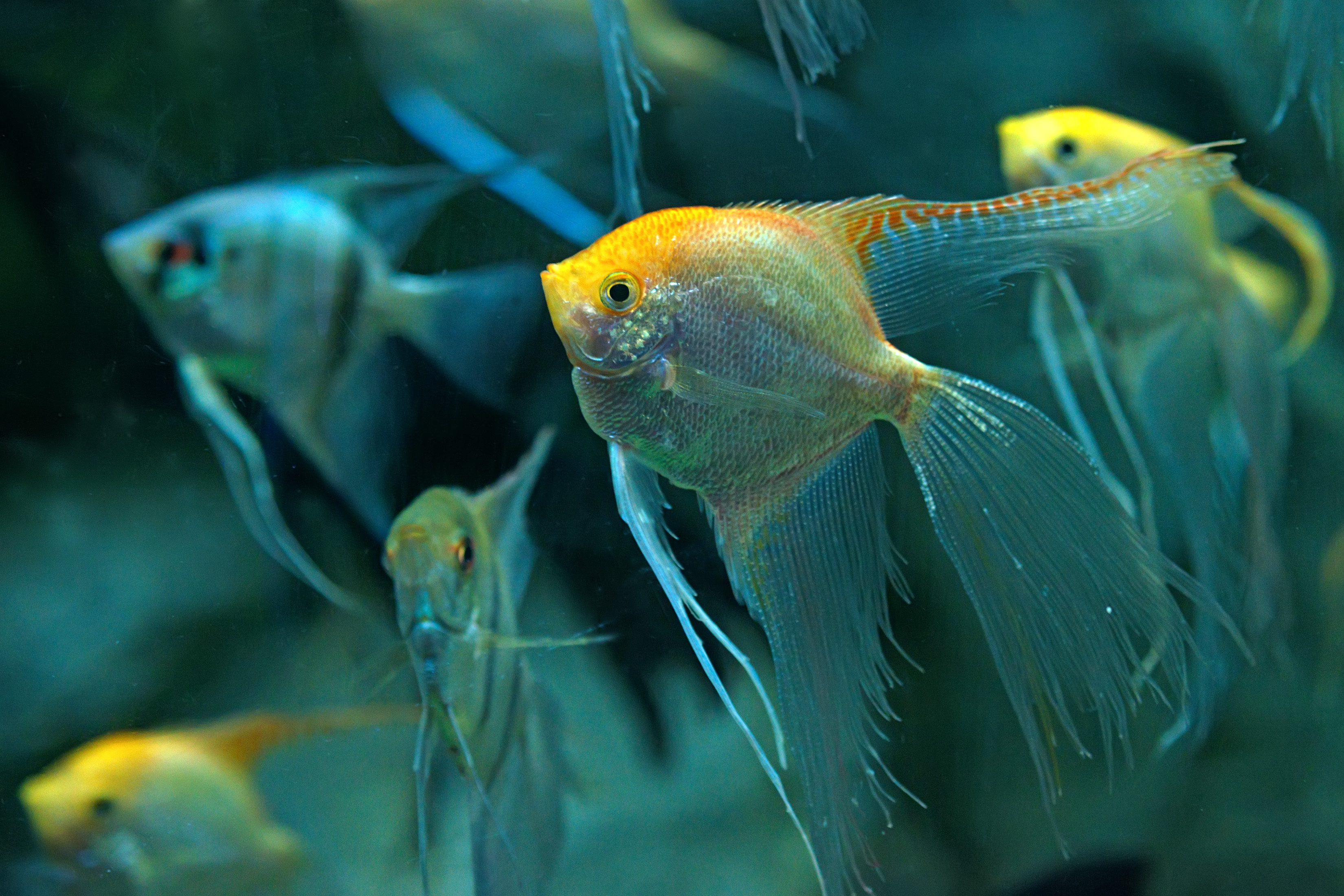Effective Ways to Choose Baby Rabbit Food for Healthy Growth
When it comes to raising baby rabbits, choosing the right food is crucial for their healthy growth and development. Baby rabbits, or kits, have specific dietary needs that differ from adult rabbits. Providing them with a balanced diet ensures they receive the optimum nutrition necessary for their rapid growth stages. Selecting the best food for baby rabbits includes understanding the importance of fiber-rich diets, high-protein rabbit feed, and organic or commercial rabbit food options.
Moreover, incorporating fresh hay, leafy greens, and rabbit-safe vegetables into their diet can significantly enhance their health and growth potential. This article will guide you through the essentials of baby rabbit food, the types of food available, practical feeding guidelines, common mistakes to avoid, and the importance of creating a well-balanced diet.
Key Ingredients for Baby Rabbit Food
Understanding the key ingredients for baby rabbit food is essential for ensuring their dietary needs are met effectively. The primary components of a suitable baby rabbit diet include rabbit pellets, fresh hay, leafy greens, and safe vegetables. Each of these elements plays a role in the nutritional makeup of their meals.
Rabbit Pellets: A Staple for Active Growth
Rabbit pellets are often the cornerstone of a baby rabbit's diet, providing them with necessary nutrients. When selecting rabbit pellets, opt for brands that prioritize high-quality ingredients without fillers. Look for pellets that are specifically formulated for young rabbits, featuring a higher protein content to support their growth needs.
Fresh Hay: The Foundation of Rabbit Nutrition
Timothy hay, alfalfa hay, and other types of grass hay should form the basis of your baby rabbit's diet. Fresh hay offers essential fiber that aids digestion and promotes a healthy gut. Make sure to provide unlimited access to hay, as it encourages natural grazing habits and helps to prevent obesity.
Leafy Greens and Rabbit-Safe Vegetables
Incorporating leafy greens like romaine lettuce and kale into your baby rabbit's diet can significantly enhance their nutritional intake. Always wash and chop the vegetables before serving to reduce pesticide residues. Not all vegetables are safe for rabbits; for instance, avoid starchy options and instead focus on rabbit-safe vegetables that are rich in vitamins.
Feeding Guidelines for Baby Rabbits
Establishing a consistent feeding schedule and varying their diet helps maintain your baby rabbit's health. Understanding rabbit feeding guidelines is crucial for new rabbit owners who want to ensure their pets are getting the right nutrients.
Creating a Balanced Feeding Schedule
A feeding schedule for baby rabbits should consist of multiple small meals throughout the day. Baby bunnies have high energy needs, which means their meals should be frequent but not overly large. It's advisable to feed them at least twice a day as they grow, gradually introducing more solid foods while ensuring that hay is continuously available.
Mixing Commercial and Homemade Rabbit Food
Combining commercial rabbit food with homemade options can also introduce variety into their diet. When considering homemade diets, ensure they are well-structured and contain all essential nutrients. You can create homemade rabbit snacks with safe ingredients like carrot tops or herbs, providing both enjoyment and health benefits.
Importance of Clean Water
Always provide clean and fresh water to your baby rabbits. Hydration is key to keeping their systems functioning well. Make sure to change their water daily and monitor their water intake, as proper hydration supports digestion and overall health.
Common Mistakes in Baby Rabbit Feeding
When caring for baby rabbits, it's easy to make mistakes—especially regarding their nutrition. Understanding the common pitfalls can help you provide a better environment for your pets.
Overfeeding vs. Underfeeding
One of the most common errors in rabbit care is overfeeding, particularly with pellets. It's crucial to follow feeding recommendations and adjust portions based on the rabbit's growth stage. Underfeeding can lead to malnutrition, while overfeeding can result in obesity and related health issues.
Ignoring the Importance of Variety
Many rabbit owners tend to stick with a single type of food, leading to dietary deficiencies. Introduce a variety of vegetables and hay types to keep their meals exciting and nutritious. This brings texture and additional nutrients that contribute to a balanced diet.
Neglecting Signs of Dietary Issues
Monitor your baby rabbit for signs of unhealthy food reactions, such as changes in behavior or digestion. Consulting with a veterinarian can provide insight into possible dietary adjustments and help prevent common ailments from improper nutrition.
Enhancing Baby Rabbit Nutrition with Supplements
In certain circumstances, nutritional supplements may be necessary to ensure your baby rabbit's overall health. Understanding the types of supplements available and how they can benefit your pet is key.
Using Vitamin Supplements Wisely
Some baby rabbits may benefit from vitamin supplements, especially if their diet lacks certain nutrients. Vitamin A and calcium are particularly important for their overall growth. However, always consult with a veterinarian before adding supplements to their diet.
Timing and Frequency of Supplement Use
Integrating supplements should be done with care. Use them as temporary fixes or in cases where you notice nutritional deficiencies. Follow the guidance of veterinary advice on the correct timing and frequency to avoid over-supplementation.
Assessing the Need for Commercial Rabbit Food
While some owners prefer homemade diets, quality commercial rabbit food can provide essential nutrients that are sometimes missed in home mixtures. Look for high-protein rabbit feed that fits the dietary needs of young rabbits and enhances their growth potential.
Q&A Section about Baby Rabbit Nutrition
Q: What is the best food for baby rabbits?
A: The best food for baby rabbits includes a mix of fresh hay, high-quality pellets, leafy greens, and rabbit-safe vegetables. Aim for a fiber-rich diet that meets their growing needs.
Q: How often should I feed my baby rabbit?
A: Baby rabbits should be fed multiple small meals throughout the day, ideally at least twice daily as they grow and develop.
Q: Can I give my baby rabbit fruits?
A: Yes, you can offer fresh fruits in moderation as a treat. Foods like apple slices or strawberries can be enjoyed, but keep portions small.
Q: Are homemade diets safe for baby rabbits?
A: Homemade diets can be safe if they are balanced and nutritious. Ensure that you include a variety of rabbit-safe ingredients and consult with a veterinarian for guidance.
Q: What are common mistakes to avoid in rabbit feeding?
A: Common mistakes include overfeeding pellets, neglecting the variety in diets, and ignoring the importance of clean water. Monitoring their health regularly can help avoid these issues.


